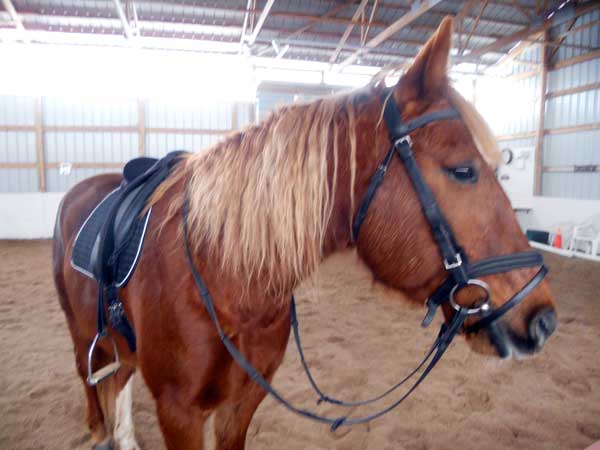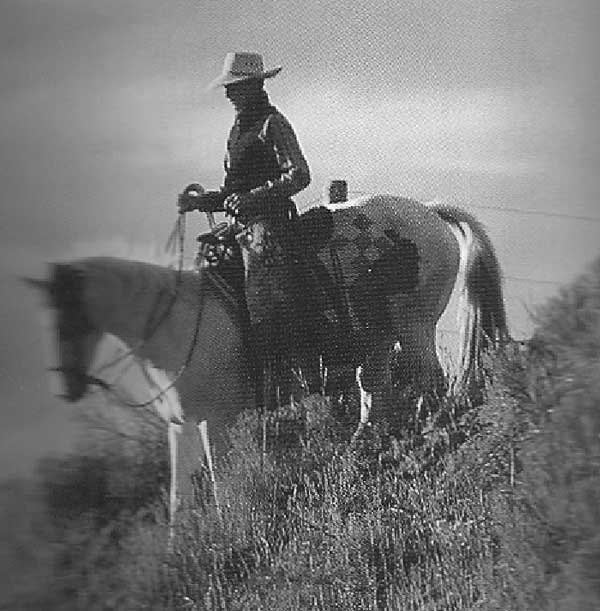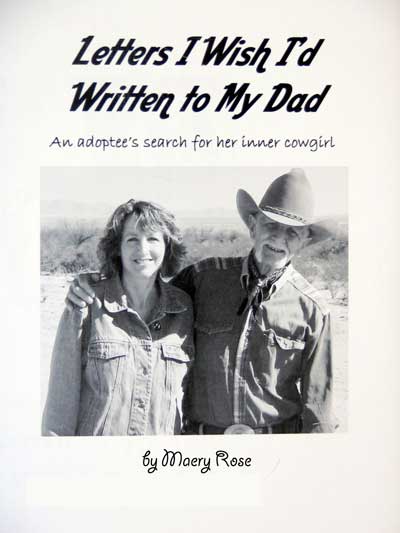Changing My Self-Talk
I’ve been back from Madeline Island School of the Arts (MISE) for two weeks now, and my brain is still adjusting.
Despite my good intentions to write up a storm when I got home and to keep the Madeline Magic going, I’ve only written in my journal and done a few writing prompt exercises since I returned home.
It’s hard to explain the whole MISE experience. In trying to tell a friend about it, I spoke about what it was like to take a piece that I wrote during the workshop and revise it several different ways, using techniques the instructor, Elizabeth Jarrett Andrew, had us try. Not only did the writing change, but in some way, I changed also.
I guess that’s why the workshop was called “Writing about Transformation; Transforming Our Writing.” When you write about a personal event in it’s rawest form, then step back, and work on making what you’ve written turn into a good story, you end up looking at why you remember this event and want to write about it in the first place. Then, if you plan on sharing what you’ve written with others, you strive to make the story come to life and have meaning for the reader as well. So much goes into this process. You learn new things about what happened, about yourself, and about other people who play a part in the story.
And yet now, my daily thoughts include “I can’t get it all done! I can’t keep up! How can I possibly fit writing into my daily routine? I don’t see anything I can take out of my schedule! All is lost!”
This is followed by telling myself, “Calm down dear.” [I have been calling myself dear a lot lately. It makes me feel better. ‘Honey’ is a good one too.] “Take a BIG breath. In and out. Let that pounding in your brain matter and in your heart ease up a bit – not stop, cuz that would be bad – just slow down a bit. There you go dear.”
Much better self talk than “You idiot! What are you doing! Why are you so #$% stupid?!”
Recently, I heard Krista Tippet interview Brené Brown on “Vulnerability.” Brené is an Assistant Professor of Social Work Research at the University of Houston and the author of several books, including “The Gifts of Imperfection” and “Daring Greatly.”
One of the things Brene spoke about in the interview was that how you think about or talk about failure makes a difference in how you approach life and its challenges. In her study of people who live “wholeheartedly,” who believed in their worthiness, she found that these were not, as you might expect, people who were raised in a perfect environment, always succeeded, and had the deck stacked in their favor. They had difficulties and failures. But when they tried something and it didn’t work they would look at it and say “It failed,” which is very different than the shame-based statement of “I failed.”
Just switch “I” to “It” with something that has been eating at you to see what a powerful difference it makes. For example, rather than saying “I failed at my marriage,” I can say “My marriage failed.” That statement doesn’t remove responsibility, it doesn’t mean that there aren’t things I want to do differently going forward, but it takes away the internal message of “I’m bad. I’m unlovable. I can’t do anything right.” It’s a way of not taking a failure personally and as a measure of your worth.
The other statement that was made during the interview that I quickly jotted down in my notebook was, “Comparison kills creativity.”
I don’t think I need to comment on the truthfulness in that statement except to say, as easy as it is to compare yourself to others in this day and age of constant visibility on Facebook, Twitter, and through blogs — please, do resist comparing your life and your creativity and success to others. Be blissfully ignorant and go your own way at your own pace.
But back to telling about my experience at Madeline Island, — over the following four days, I’m going to drop in excerpts from my daily journal entries and notes I took during the workshop to give you a taste of the workshop experience. I’ll try to make it interesting, using some of the techniques I learned.
We’ll see if I can pull it off. If “it” fails, no matter. I’ll simply try something else.







I really enjoyed the insights in this post. I write sometimes, well actually I try to do morning pages each day ( a journaling writing exercise prompted in a Julia Cameron book) .
I can see exactly what you are saying.
Thanks for the share.
Thanks Willow. I’ve read Cameron’s book also and have been doing 2-3 pages almost every day for quite awhile. I feel out of sorts when I skip doing it. Rather than the complaining I used to do in my journal, it’s become a fun place to play with words and work on noticing and recording the small details of daily life.
Wow Maery Rose, did I NEED to read your words today!!!!
Taking the “I” out of the equation really allows for that disidentifying and all that self-talk of “I’m not good enough/worthy”…blah, blah, blah. Which of course has nothing to do with taking responsibility. Geez, we can’t really move forward and acomplish anything if we keep beating ourselves down with self-loathing. Also, I LOVE Krista Tippet’s show; one of the best on the Internet. Have you seen her interview with poet Marie Howe? It will knock you sideways.
Maery, I always enjoy your honesty, humor and willingness to look at yourself with compassion.
Bravo!
Mary Sherman
Wow! Thank you Mary! I’ve heard other poets interviewed by Krista Tippet but Marie Howe doesn’t ring a bell. I’ll have to look her up. The poet and writer interviews have been my favorites! I wonder why… Thanks for bringing Howe to my attention!
I, too, have worked hard at my “self talk”, and I do believe that it makes a big difference. I was inspired by reading about Buddhism and the inner dialogue. I still fall back into my old bad ways (being mean to myself in my head) sometimes… but when I can change my inner dialogue, it really makes a difference. I’m looking forward to hearing more.